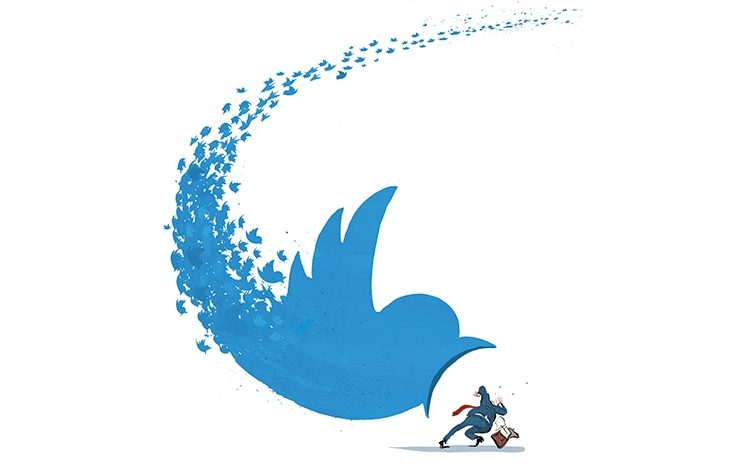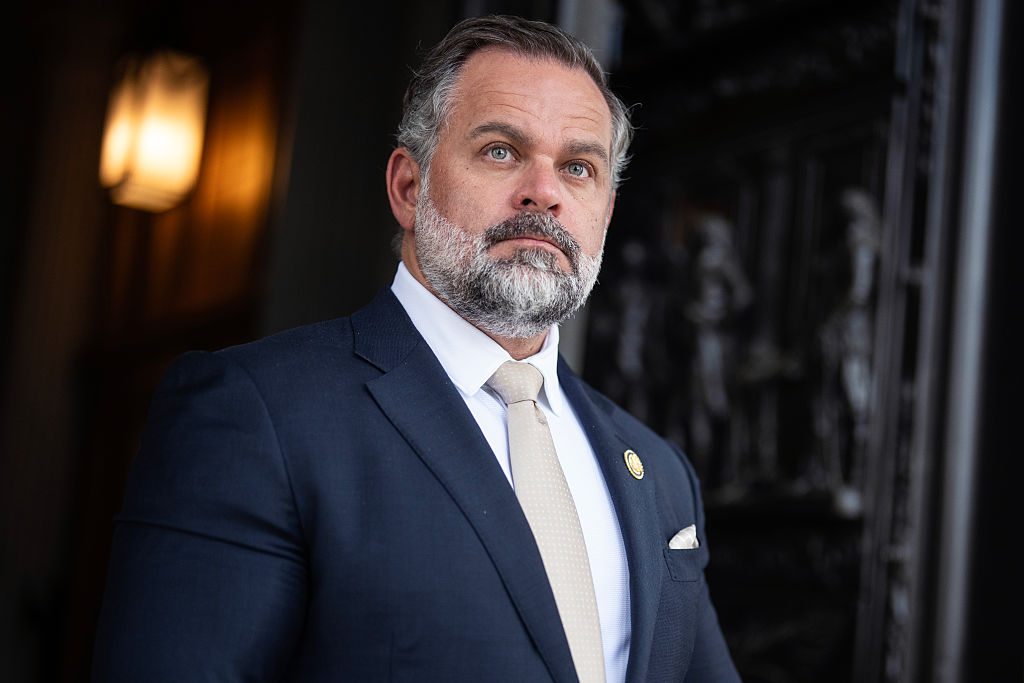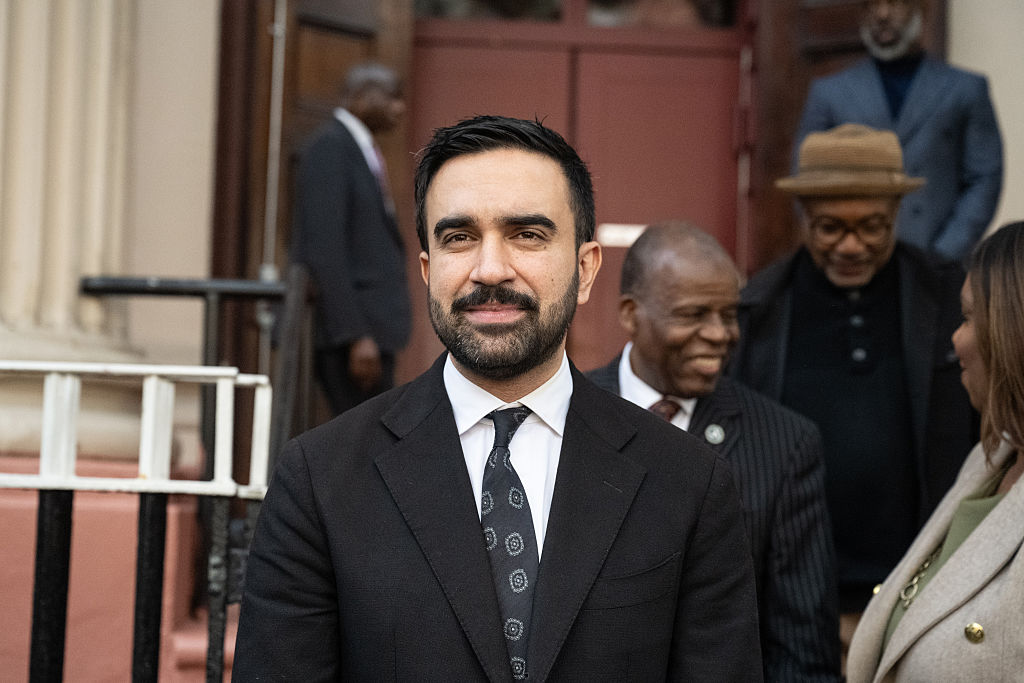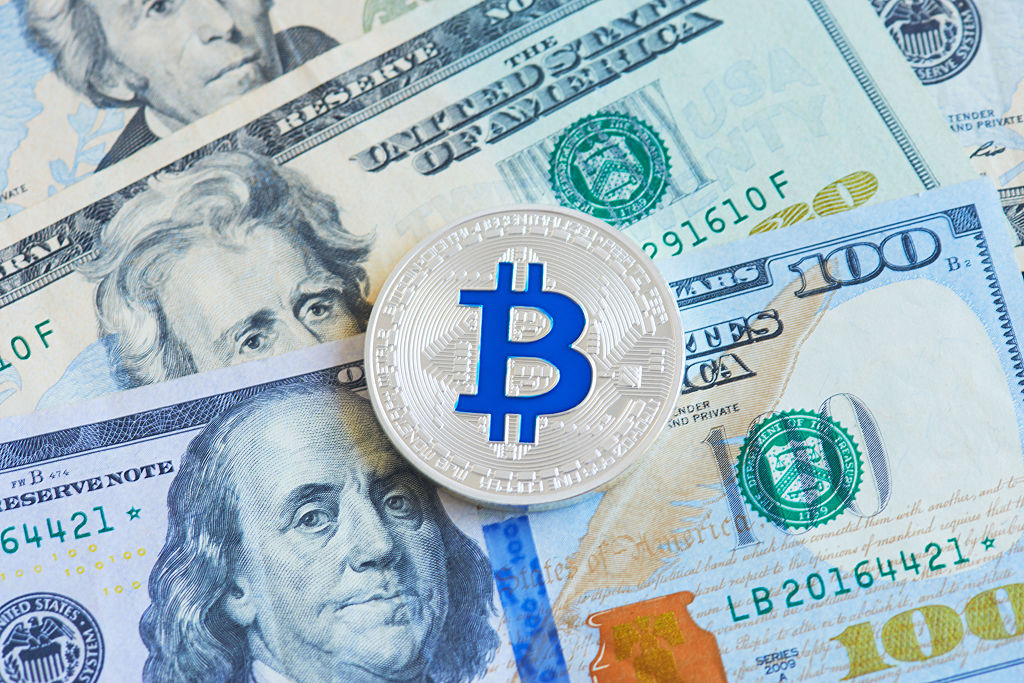Hi, historian here.
Have you encountered a faux-cheerful introduction like this online? Wherever you look on Twitter, historians, doctors, biologists and what have you are brandishing their credentials in people’s faces as if they confer immediate victory in arguments.
Hi, biologist here.
Hi, virologist here.
Hi, urologist here.
Of course it’s good for experts to engage with the public. We need scientists, doctors, historians and mathematicians to explain their work in an accessible way, both because it’s inherently interesting and in order to advance knowledge and dispel popular and unpopular misconceptions.
Still, how they do it is important. Let’s imagine that I’m a family physician. I see someone tucking into a big slice of pizza. I march across and say, ‘Hi, doctor here, actually cholesterol kills.’ Is that a good way to behave? No. My job gives me no special insight into nutritional science. I have given no evidence for my assertion. I do not know this person’s cholesterol intake. On top of all that, it is none of my business.
I’m aware that no one would behave like this in person, but it’s not entirely different to how some academics and scientists conduct themselves on social media. They show off their PhDs with more pride than a multimillionaire cruising around in a Lamborghini.
For example, Professor Manisha Sinha is keen to announce ‘historian of abolition here’ as she describes Melanie McDonagh’s critique of Amanda Gorman’s poem ‘The Hill We Climb’ in these pages as ‘pretentious crap’. Where to begin? Being a literary scholar does not make your poetic judgment automatically authoritative. You still have to back it up with an argument. Besides, being a ‘historian of abolition’ does not even make you a literary scholar. Professor Sinha bragged that her research has involved reading poetry but the fact that an accountant’s work involves numbers does not render them an authority on macroeconomics.
I suspect some academics and scientists, who might once have been confined to their colleges and laboratories, get excited about the respect that is afforded to them online and seek it at all costs, regardless of whether is a legitimate opportunity. A prominent practitioner of historian hereing is Professor Kevin M. Kruse of Princeton University. Kruse gained widespread attention for debunking cranky right-wing popular historians but fell in love — too much in love — with his elevated status. ‘Hi there, journalists!’ he wrote in January 2019, ‘I’m a historian who’s written about white supremacists, so let me assure you that when a violent attack on an African American man involves use of the N-word and the literal placement of a noose around his neck, you can go ahead and call that “racist.”’ Kruse was objecting to journalists reporting a ‘possible racist attack’ on Jussie Smollett but in his haste to show off his irrelevant credentials he failed to appreciate that they were casting doubt on the attack, which had indeed been manufactured, and not its causes.
Historian hereing also involves packaging moral judgments as expert conclusions. In 2020 the US ambassador to the Netherlands caused controversy by calling the German graves at Ysselsteyn ‘a terrible reminder of the cost of going to war’. It was a dumb controversy. That millions of Germans were seduced by Nazism, or conscripted into the German, and led to their deaths is tragic and saying that is perfectly compatible with thinking the deaths of their victims were more tragic. Professor Ruth Ben-Ghiat waded in to say, ‘Historian of fascism here: you are a disgrace to your profession.’ Does being a ‘historian of fascism’ make her an unimpeachable authority on the ethics of commemoration? It does not. It was a chance to flex, as are 99.5 percent of people’s mentions of their academic titles online.
I think historian hereing is as evocative of insecurity as hubris. On social media, qualified people expect to stand above the masses, but find themselves confronted with obscure, even anonymous men and women who have strong opinions on matters related to their chosen fields. Along with the endemic elite overproduction that results from the bloated nature of the university system, this has inspired the sort of hyper-sensitivity that led to Joseph Epstein facing death threats and deplatforming for saying that Jill Biden should call herself ‘doctor’ less. Flying your qualifications like a flag is a good way to draw attention to yourself. This might be a good thing if you have solid arguments and information, inasmuch as it simply attracts the eye. It also might lend itself to boasting, overconfidence and obnoxiousness.
Historian hereing is not restricted to historians. You see it in epidemiologists and public health experts, for example, who told us not to worry about COVID-19 and not to wear masks before flipping to the opposite positions — without losing any of their confidence. As Jonathon Kitson has said, ‘It is fine to be wrong, but don’t be surprised when people take your appeals to authority less seriously.’
This is a danger of historian hereing. There is no doubt that an oncologist’s perspective on lung cancer counts for more than a layman’s, and that a professor of French history almost certainly knows more about Napoleon than a realtor. We should be able to trust them at least to some extent. But when experts overstate the boundaries of their expertise — exaggerating their knowledge or just inserting their credentials into situations when it is unnecessary — it doesn’t enhance public trust in intellectual hierarchy, it diminishes it.
If I were an expert who wanted to change people’s minds I would engage them in debate with more humility. If nothing else, people with a claim to have a reputation have more to lose than people who don’t.

























